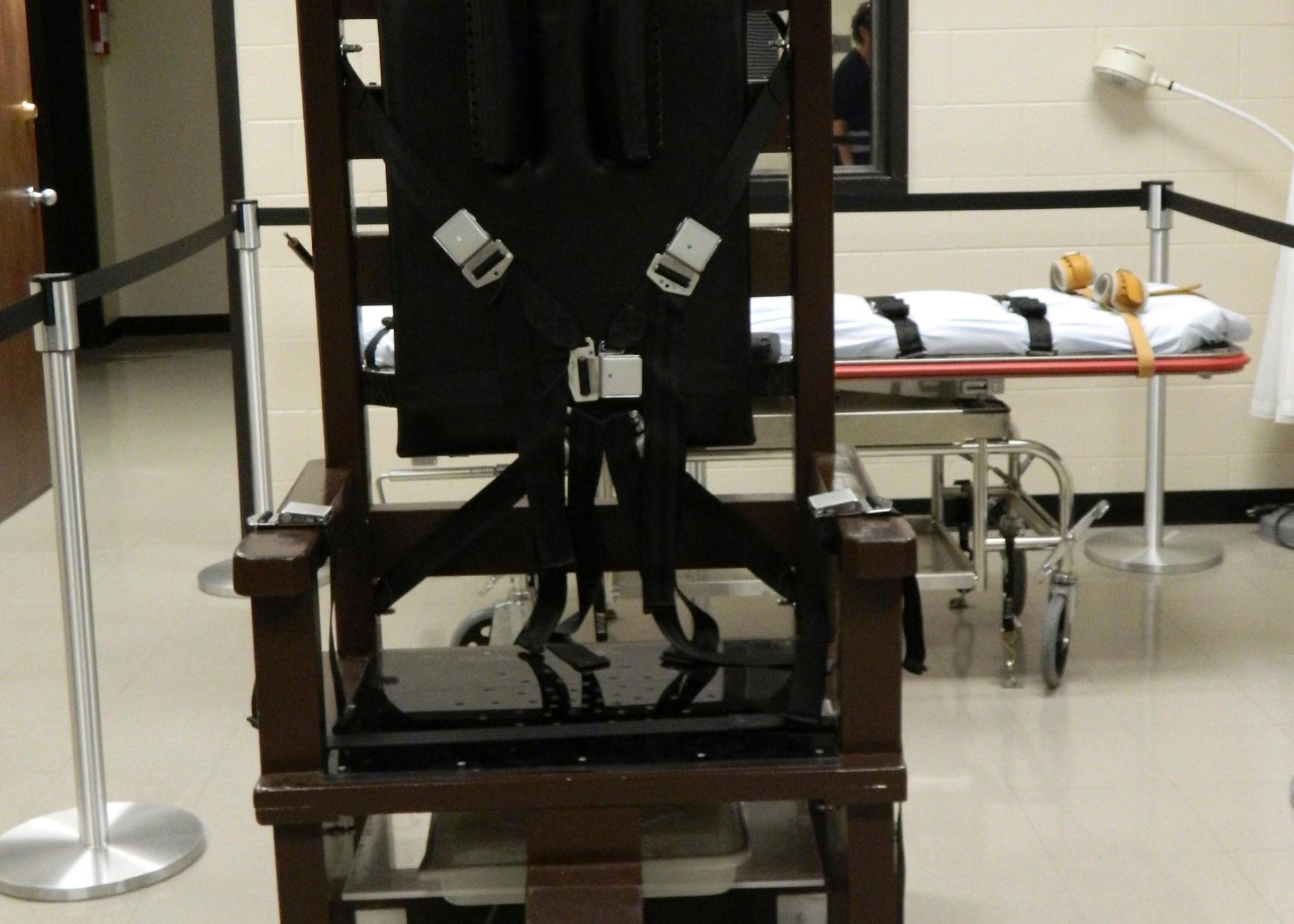WASHINGTON, D.C. — South Carolina’s Supreme Court has issued a temporary stay blocking the state from executing death-row inmate Richard Moore by firing squad.
The brief order April 20 put a stop to the scheduled April 29 execution and said details would be issued at a later date.
Moore’s attorneys requested the stay due to pending litigation in another court challenging the constitutionality of the state’s execution methods. They also want the U.S. Supreme Court to review Moore’s case to determine if his sentence was proportionate to his crime.
On April 15, Moore chose death by firing squad over electrocution but described both methods as unconstitutional.
Moore, who is 57, is scheduled to be executed for the death sentence he received nearly 20 years ago for the 1999 murder and robbery of a South Carolina store clerk.
His execution had initially been scheduled for 2020 but was postponed because prison officials said they did not have the necessary lethal injection drugs.
Two weeks prior to his scheduled execution date, Moore was given the choice for how he wished to be put to death. A South Carolina law passed a year ago made the electric chair the state’s primary method for executions since drugs for lethal injections have been difficult to obtain.
The law also stipulates that prisoners have the option of choosing to be executed by firing squad, which in South Carolina involves three prison workers equipped with rifles shooting at the prisoner’s heart while the inmate is strapped in a chair and covered with a hood.
Moore said in court records filed April 15 that he disagreed with the requirement to even make the decision about his form of execution.
“I do not believe or concede that either the firing squad or electrocution is legal or constitutional,” Moore said. He noted that he is more strongly opposed to death by electrocution, leading him to choose the firing squad.
He also said he didn’t think the state’s prison officials should be allowed to certify that lethal injection drugs are unavailable “without demonstrating a good faith effort” to obtain these drugs.
Moore’s execution will be the first in South Carolina since 2011. If a firing squad is ultimately allowed, he would be the first to be executed by this method in the United States since 2010 when it was used in Utah. Two other two states that use firing squads are Mississippi and Oklahoma.
On April 8, when the state’s Supreme Court agreed to uphold Moore’s death penalty sentence, the Diocese of Charleston, South Carolina, said: “The Catholic Church stands firmly in opposition to the Supreme Court’s decision and the use of the death penalty.”
It also said the choice before Moore for his means of execution was “modern-day barbarism.” The statement also noted that the tragedy caused by Moore’s actions “is not justified by killing another human being. Justice is not restored when another person is killed.”
It said that “capital punishment, along with abortion and euthanasia, is an attack on the inviolability and fundamental dignity of human life. Respect for life is, and must remain, unconditional. This principle applies to all, even the perpetrators of terrible acts.”
The diocese said the Catholic Church will continue to stand for the value of all life and urged the state to “commute Moore’s death sentence and conduct a meaningful review of his case.”
Moore’s case went before the state’s highest court seeking a stay of execution until judges determined if the alternative execution methods outside of lethal injection fall under the constitution’s ban of cruel and unusual punishment.
“The electric chair and the firing squad are antiquated, barbaric methods of execution that virtually all American jurisdictions have left behind,” Moore’s lawyer Lindsey Vann wrote in court papers filed April 8.
Moore’s supporters have said his crime did not qualify for the death penalty because he did not bring a gun into the convenience store and had not intended to kill anyone in his robbery to support his drug habit.
Moore wrestled a gun away from the store owner, 42-year-old James Mahoney, who pulled out another gun, and the two men fired at each other. According to news reports, Mahoney shot Moore in the arm and Moore shot Mahoney in the chest.
In recent years, particularly as cases of botched lethal injections have occurred, some prisoners have said they would prefer a quicker execution from a firing squad, which some lawmakers have argued is more humane for that very reason. But the majority of Americans, according to a 2014 Gallup poll, viewed this method as the least humane form of execution.
The Catholic Mobilizing Network, which advocates for an end to the death penalty, is urging its supporters to contact South Carolina Gov. Henry McMaster and ask him to stop Moore’s upcoming execution.
On its website, the group provides a link to an email letter that can be signed and sent to his office. The letter urges McMaster to grant Moore clemency.
It also acknowledges the pain suffered by the victim and his family’s ongoing grief, saying: “As a church, we pray for their continued healing.”
The letter also disputes the state’s requirement forcing death-row inmates to choose “between antiquated and barbaric methods of execution that have no place in present-day society. “













